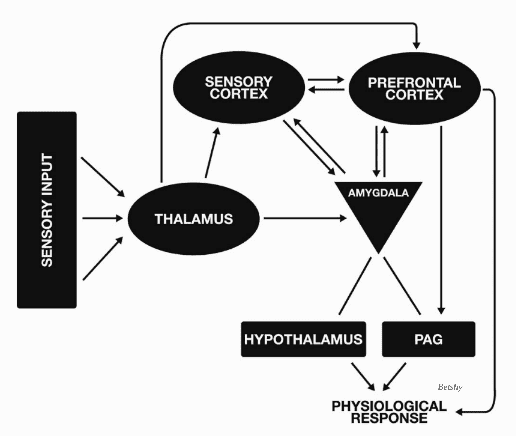Empathy, often regarded as a virtue responsible for fostering compassion and understanding, plays a crucial role in building meaningful connections with others. However, not all forms of empathy are created equal. While empathy is usually associated with positive outcomes, it is important to recognise its potential for harm. In today’s blog post, we will shed light on the concept of “harmful empathy” and explore how it can lead to detrimental effects for both the empathiser and the recipient.
Understanding Harmful Empathy
Empathy, in its essence, refers to the ability to understand and share the feelings of another person. It allows us to step into someone else’s shoes and experience their emotions firsthand. Harmful empathy, on the other hand, arises when this deep understanding and emotional connection become problematic.
By excessively absorbing and internalising the emotions of others, empathisers may inadvertently neglect their own well-being. They often find themselves experiencing emotional exhaustion, anxiety, and an overwhelming sense of responsibility for others’ happiness. The empathiser’s absorption of intense emotions can blur the lines between their own feelings and those of the person they are empathising with.
Negative Consequences for Empathisers
1. Emotional drain: Empathisers who consistently prioritise others’ emotions over their own can become emotionally exhausted. This continual state of emotional burden can lead to burnout, reducing their capacity to empathise effectively in the long term.
2. Personal identity erosion: Harmful empathy can cause empathisers to lose touch with their own emotions and needs. Over time, they may struggle to discern their true feelings and desires, reinforcing a sense of emotional disconnection from themselves.
3. Co-dependency: Unconsciously, an empathiser may form co-dependent relationships, enabling another person’s unhealthy behaviour while sacrificing their personal boundaries and well-being. This can perpetuate a cycle of reinforcing harmful dynamics, rendering the empathiser and the recipient alike unable to grow and heal.
Negative Consequences for Recipients
Paradoxically, harmful empathy can also harm the very individuals it aims to assist. Here’s how:
1. Disempowerment: Over-relying on empathy can inadvertently disempower recipients, preventing them from developing resilience and problem-solving capabilities on their own. This can foster a sense of dependency and undermine their self-confidence in the long run.
2. Emotional overflow: When empathisers internalise others’ emotions excessively, reciprocating support may become an emotional burden. The recipient may find themselves inadvertently suppressing their feelings to maintain the emotional equilibrium, thus hindering their ability to express their true emotions.
3. Lack of accountability: Harmful empathy can obscure accountability by allowing the recipient to evade responsibility for their own actions and emotions. By placing the blame solely on external factors, they may never truly address the root causes of their challenges or seek personal growth.
Conclusion
While empathy is generally a valuable quality, it is essential to be aware of harmful empathy and its potential pitfalls. Striking a balance between understanding others’ emotions and maintaining healthy emotional boundaries is crucial for the well-being of both the empathiser and the recipient. Empathy should encourage growth, empowerment, and emotional support while avoiding the erasure of personal boundaries and emotional autonomy. By cultivating healthy empathy, we can create a culture of genuine understanding and compassion that benefits all parties involved.














